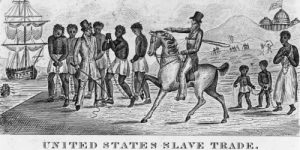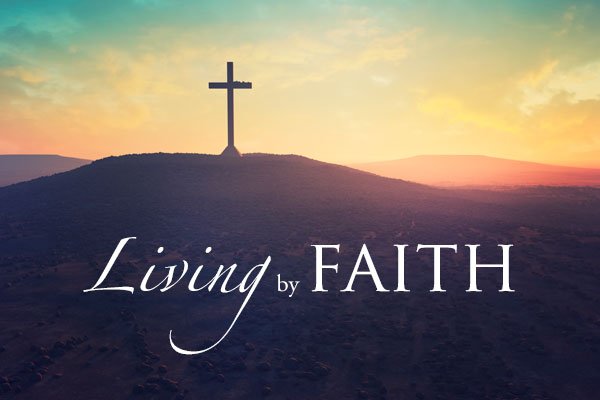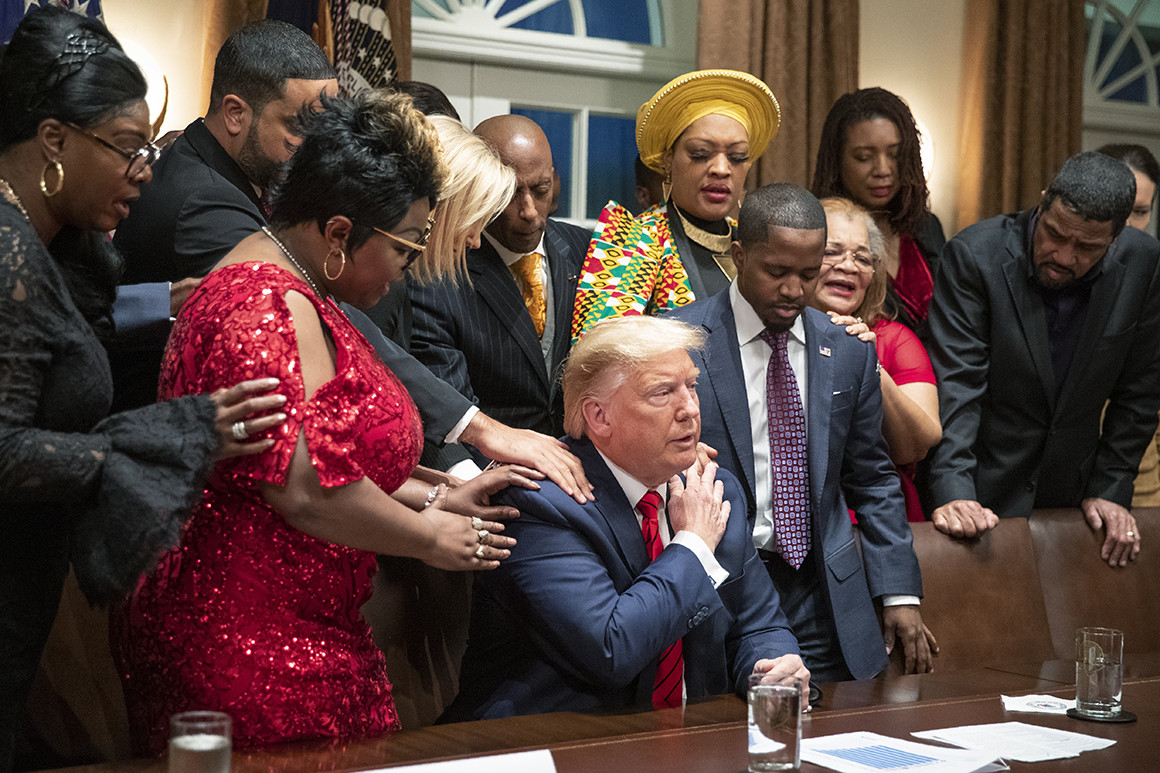(ThyBlackMan.com) In the news recently, Dr. Ben Carson caught flack from the black community for calling their ancestors immigrants. It is fact that the United States of America is a country built by and inhabited by immigrants, but for some reason, black Americans like to think of themselves as much less. So much so, that they have gotten online to inform the public that their ancestors were nothing more than slaves who spent centuries being brutalized and treated like cattle.
Though there are records of slave narratives to be read by the masses, black Americans refuse to think of their ancestors in a way that shows their humanity.
I’ve done some snooping online to find slave narratives myself, and would like black Americans ancestors to speak for themselves, as their descendants seem to do nothing but drag them in the mud more than any harsh slave master could ever fathom.
On this website, I found a list of former slaves conversations with  historians, who described their experience while enslaved. Their stories are a far cry from what black Americans would have you believe.
historians, who described their experience while enslaved. Their stories are a far cry from what black Americans would have you believe.
A woman by the name of Charity Anderson from Mobile, Alabama was a house servant who had nothing but good words to say about those she worked for. In her words, she says:
“Missy, peoples don’t live now, and niggers ain’t got no manners, and don’t know nothin’ about waitin’ on white folks. I kin remember de days when I was one of de house servants. Dere was six of us in de ol’ marster’s house, me, Sarai, Lou, Hester, Jerry and Joe. Us didn’t know nothin’ but good times den. My job was lookin’ a’ter de corner table whar nothin’ but de desserts sat. Jo and Jerry were de table boys, and dey ne’ber touched nothin’ wid dere hans’, dey used de waiter to pass things wid. My! dem was good ol’ days.’
“My old Marster was a good man, he treated all his slaves kind, and took care of dem, he wanted to leave dem hisn chillun. “
In modern Negro terms she would be considered a house nigger, because she knew nothing but good times during her days as a slave.
Mary Reynolds of Dallas Texas also had lots to say about her days of servitude:
“Sometimes massa let niggers have a li’l patch. They’d raise taters or goobers. They liked to have them to help fill out on the victuals. Taters roasted in the ashes was the best tastin’ eatin’ I ever had. I could die better satisfied to have jus’ one more tater roasted in hot ashes. The niggers had to work the patches at night and dig the taters and goobers at night. Then if they wanted to sell any in town they’d have to git a pass to go. They had to go at night, cause they couldn’t ever spare a hand from the fields.
Apparently back then, black Americans knew a thing or two about sustainable living..something their descendants could utilize in lieu of McDonald’s and Taco Bell.
I can’t see how the stories that blacks nowadays pass down depicting our ancestors as less than human or people living hell on earth. They lived like immigrants in a new land, just like all American’s ancestors who had to work hard to make a way for the future generation of their ethnic groups.
Black Americans should learn to educate themselves for their own empowerment and resolve to see their ancestors of people worthy of bragging about. They contributed largely to the making of this great nation. There’s no need to taint their experience as servants to this country.
There’s only a need to respect them and edify them for who they are: our ancestors who immigrated to this country and somehow made their descendants lives better. Africans migrate (immigrants) here now for a better life, so maybe we should thank God for forcing us to come earlier, rather than later.




















Read all the narratives to get the full picture. It is easy to cherry pick the ones that support your beliefs.
What’s the point of this article? The enslavement of humans was a good thing seen through the eyes of some slaves who adopted an improper and unseemly view of slavery. Let’s be clear, there is nothing alright about slavery at any level and never will be! Here’s is what God and the Holy Bible says about slavery which is a more APPROPRIATE VIEWPOINT.
EXODUS 21:16 And he that stealeth a man, and selleth him, or if he be found in his hand, he shall surely be put to death.